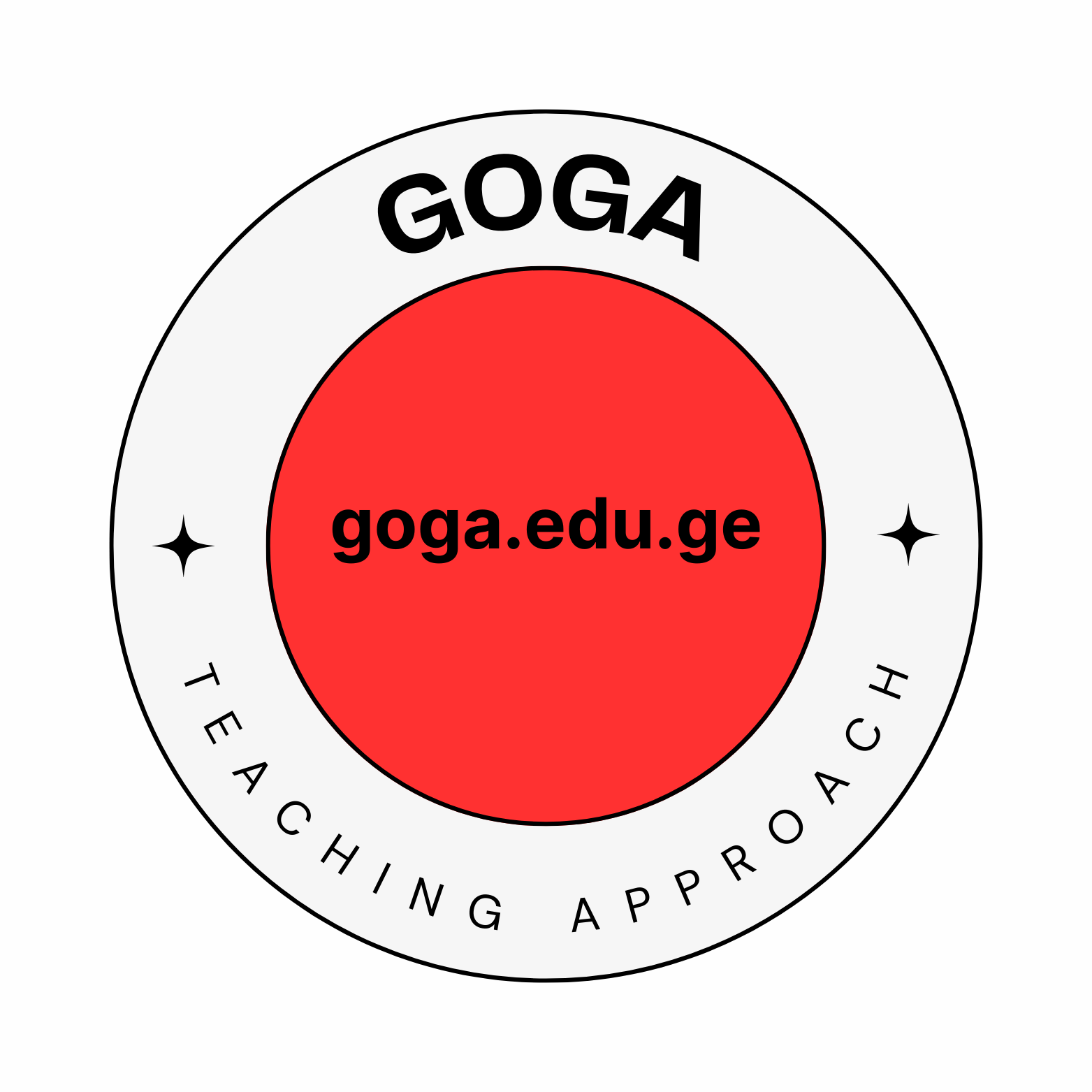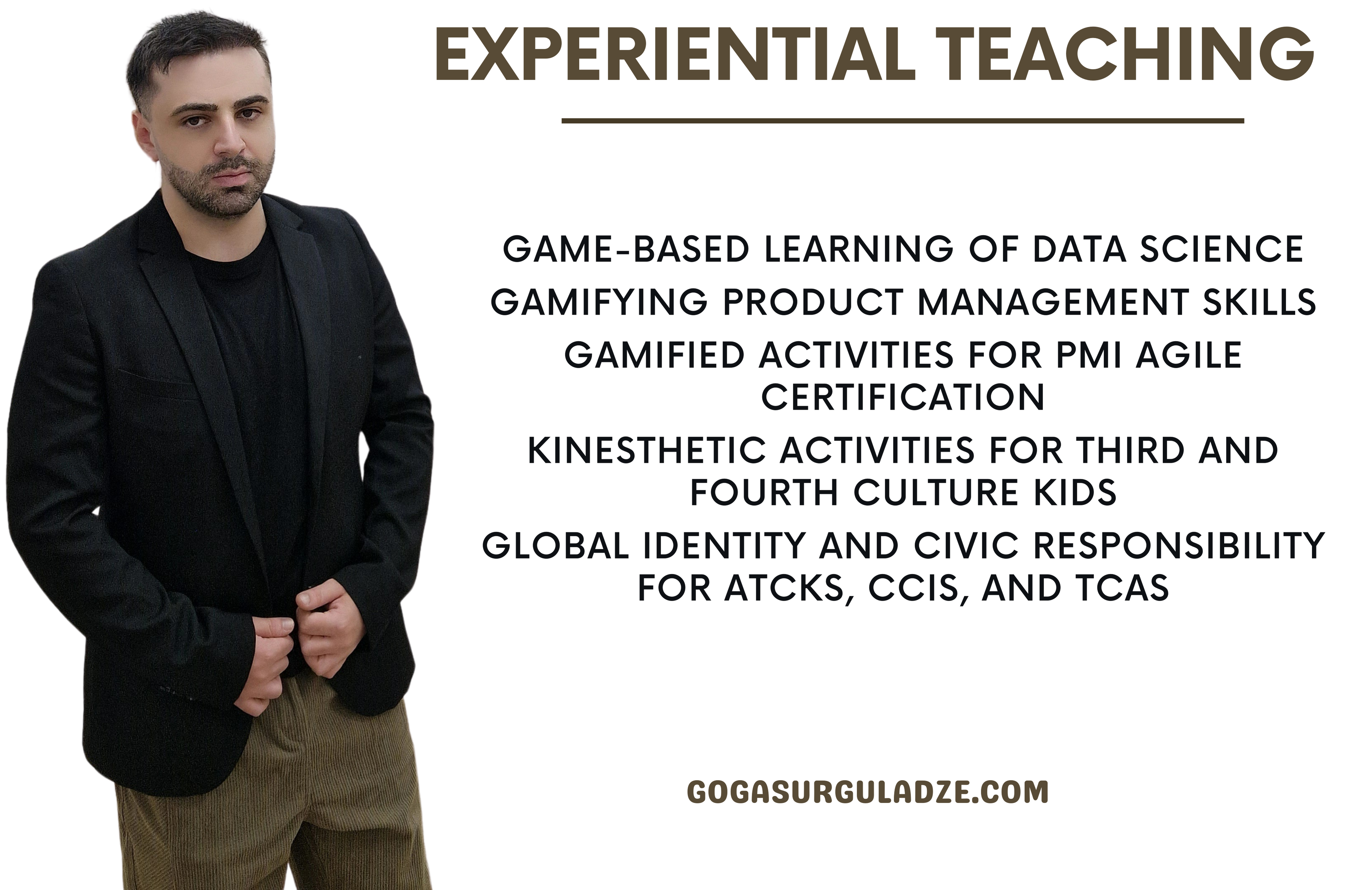
GOGA Teaching Approach
Inspired by Nordic and Japanese principles, committed to growth and lifelong learning.
Explore Courses
Inspired by Nordic and Japanese principles, committed to growth and lifelong learning.
Explore CoursesBelieve in the power of education to inspire change, promote resilience, and nurture adaptability.
GOGA Education, teaching approach focuses on the following Core Principles:
Empowering students to develop a growth mindset, overcome challenges, and celebrate progress as a path to mastery.
Provide inclusive learning environments where every student feels valued, supported, and able to excel.
Educators are mentors, guiding students to take ownership of their learning journey through personalized feedback and encouragement.
Preparing students for an interconnected world, fostering open-mindedness, and cultivating skills for a dynamic, global society.

Advanced Agile concepts for project management, emphasizing flexibility, collaboration, and iterative development processes.
Teaching the structured approach for data mining and analytics, focusing on business understanding, data preparation, and modeling.
Fundamentals of big data technologies, including data storage, processing, and analytics, empowering students with essential big data skills.
Techniques and tools for analyzing data to drive business insights, enhance decision-making, and optimize performance.
Understanding customer needs, defining product vision, and prioritizing features to deliver successful products in Agile environments.
Equipping students with the foundational skills in business analysis, including requirements gathering, documentation, and stakeholder communication.
Practical techniques and tools for analyzing business needs, defining solutions, and ensuring project alignment with business objectives.
Exploring frameworks like Scrum, Kanban, and Lean to foster adaptability, enhance productivity, and improve project outcomes.
Implementing Agile approaches to develop network services, focusing on rapid deployment and continuous improvement.
Teaching collaboration between development and operations, automated testing, and continuous integration for efficient software delivery.
A structured project management methodology, focusing on control, organization, and project viability from start to finish.
Service management best practices for aligning IT services with business needs, improving customer satisfaction, and optimizing processes.
Essential principles of software testing, focusing on quality assurance, test case design, and debugging techniques.
Comprehensive training in MongoDB, Express.js, Angular, and Node.js, covering front-end and back-end web development.
Developing critical thinking, creativity, and problem-solving skills in students through hands-on design projects.
Explore materials to enhance your learning experience and support your journey in education: